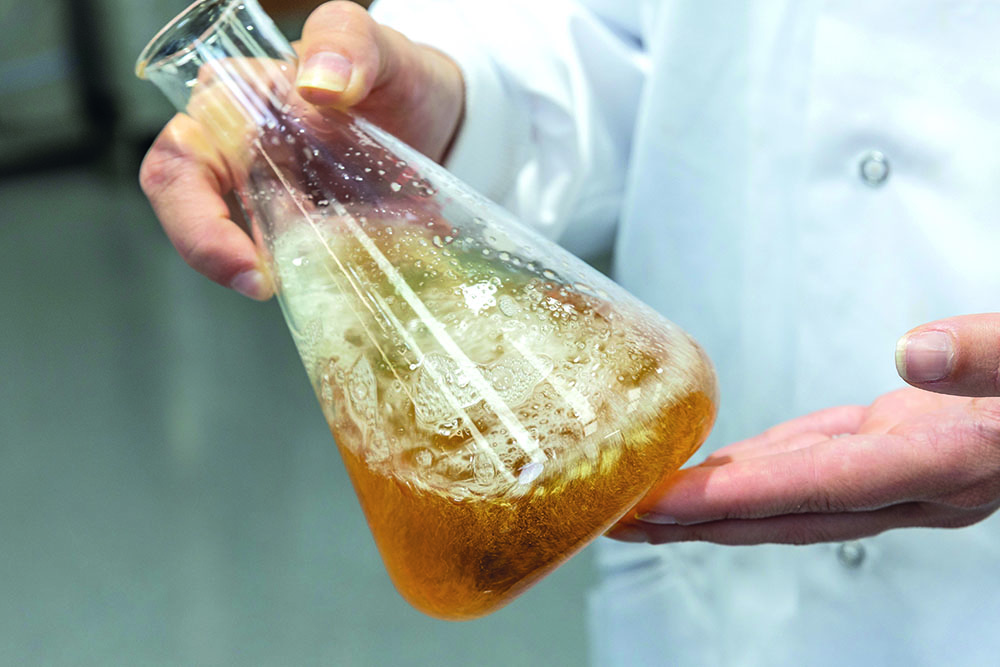In the spirit of growth

Photo credit: Finbarr O’Rourke Photography
Ireland has the potential to remain a global player in brewing and distilling, but this will require significant focus on the use of Irish grain, explains John Spink, Head of Teagasc’s Crop, Environment and Land Use Programme and Director of the National Centre for Brewing and Distilling.
Ireland produces very high-quality, high-yielding cereal crops with one of the lowest carbon footprints in the world. Currently, the majority of these cereals are used in animal feed, which means that global animal feed commodities determine the price received. For this reason, Teagasc has prioritised developing higher-value human food and drink markets for Irish cereals. Growing conditions in Ireland allow for high yields and relatively low fertiliser inputs. This results in low-protein, high-starch grains, which are ideal for the production of alcoholic drinks.
In the 18th century and up until the late 19th century, Irish whiskey exports significantly exceeded exports of Scottish whisky, but went into serious decline in the early to mid-20th century. From the 1980s onwards, Irish whiskey started to recover; more recently, exports of whiskey from Ireland have grown immensely – from just under €93 million in 2002 to just over €950 million in 2024.
Market expansion
Over the same period, the importance of the USA as an export market has grown – from 5–21% between 2002 and 2005, to 40–50% in recent years. Because of the importance of the USA as an export market, the recent threats of tariffs have undermined confidence in the continued growth of exports. However, it must be kept in mind that exports to other EU countries and the rest of the world have grown from €58 million to €288 million and €16 million to €229 million, respectively.
During this expansion, the number of operational distilleries in Ireland has grown from two in 1980 to over 40 today. Over the same period, the number of breweries grew from less than five to a peak of 125 in 2020; there has since been some contraction, down to the current number of around 90.
These craft distilleries and breweries have had little or no technical support domestically and have had to go to Europe or the UK for support. To compound this, getting supplies and services from the UK has become more difficult since Brexit. This prompted Teagasc, with significant financial support for equipment from the Department of Agriculture, Food and the Marine, to set up the National Centre for Brewing and Distilling. The centre aims to support the distilling and brewing industry and demonstrate and encourage the use of Irish grain in the sector.
